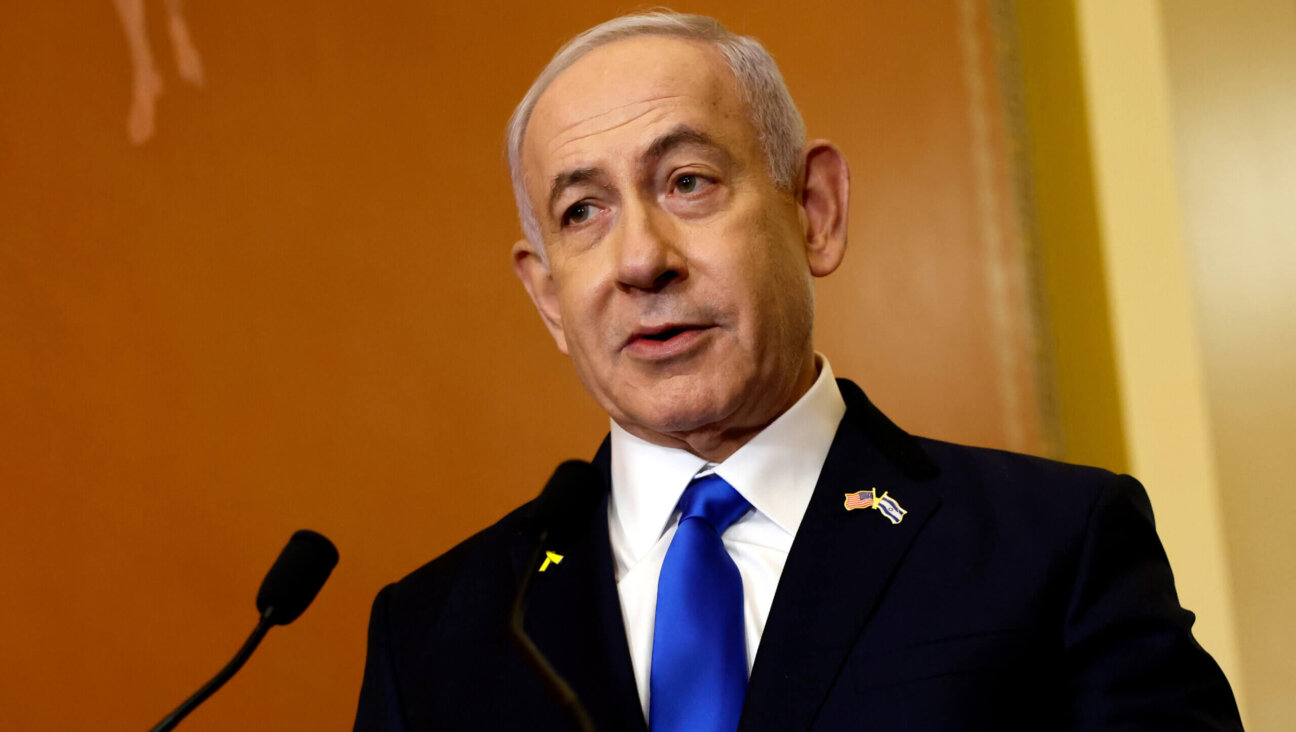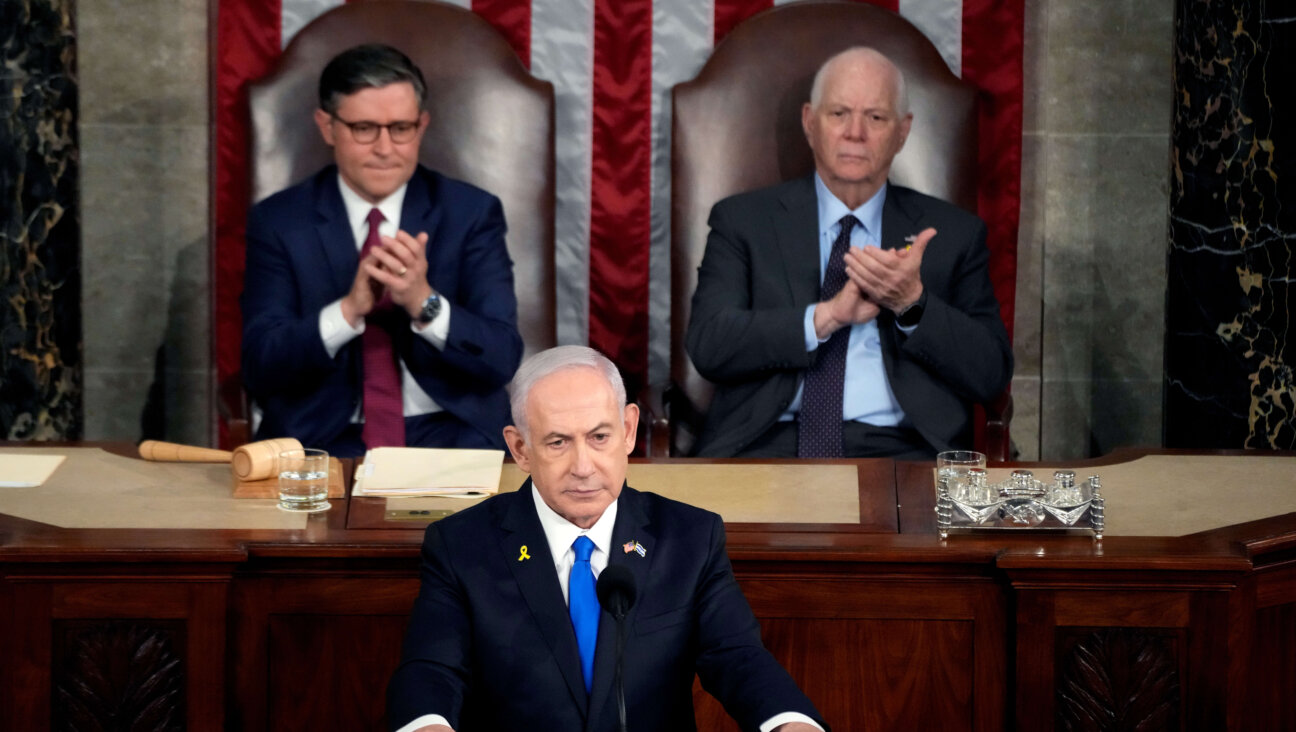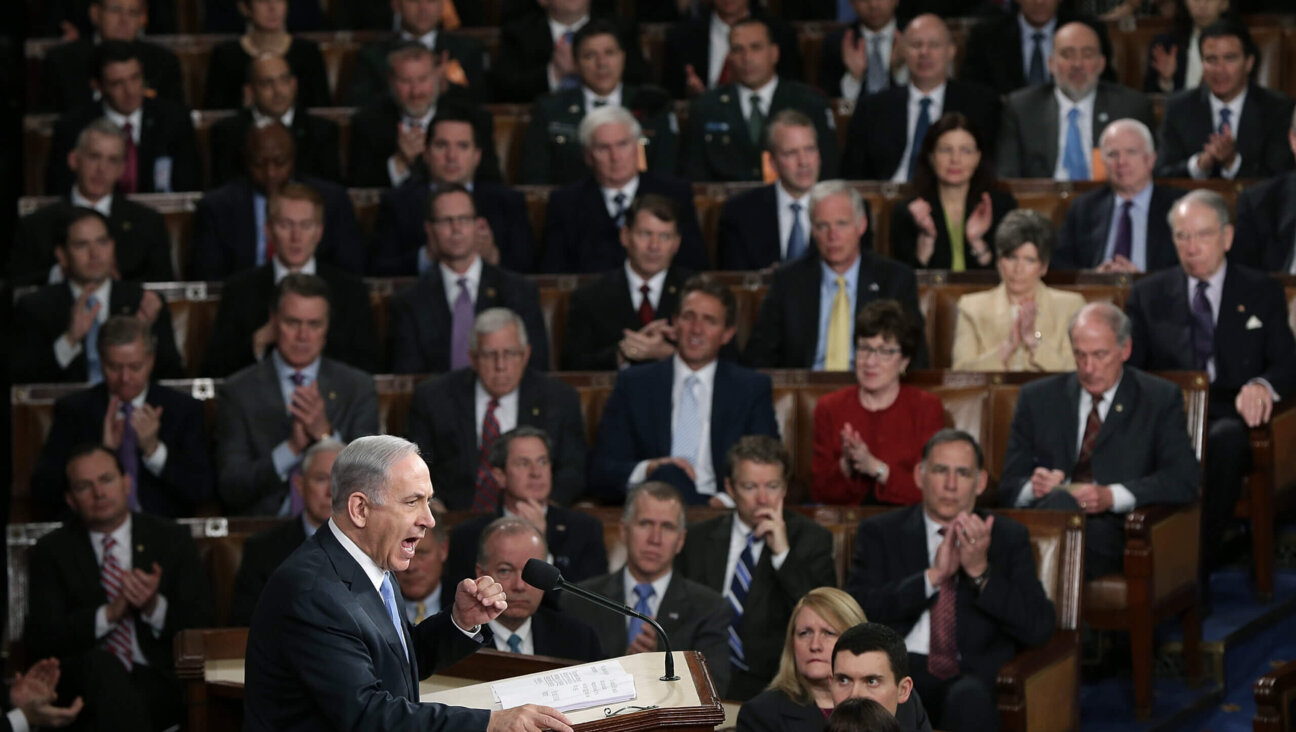For Biden to be truly pro-Israel, he’ll have to do more than just refute Trumpism.

Image by Getty Images
The unveiling of the 2020 Democratic Party platform raises the question of what approach the Democratic Party’s presidential candidate, former Vice President Joe Biden, will take to foreign policy in general, and towards Israel in particular should he win the election. A Biden presidency promises positive change for the world and Israel, but will it suffice for a breakthrough on the paramount issue facing the future of the Zionist vision? Will the shift be sufficiently significant to extricate us from the status quo inexorably leading the Jewish State toward the moral and democratic catastrophe of a bi-national state?
Biden has all the makings of a successful president in terms of foreign policy. His approach would be antithetical to President Trump’s, who espoused an America First doctrine that has turned the U.S. into “America Last” in its capacity to lead the free world.
Should he win the 2020 election, Biden’s extensive experience would serve him in restoring the U.S. relationship with its allies in NATO and Asia. Under his leadership, we are likely to see a reawakening of U.S. leadership on critical global issues such as climate change, nuclear proliferation, human rights, epidemic control, as well as win-win free trade agreements, rather than unnecessary prestige-motivated conflicts.
In confronting rogue states such as Iran and North Korea, we would also definitely see an improvement over Trump should Biden win. Trump’s bravado aside, during his term, tensions between the two Koreas have escalated, and Iran is closer to nuclear breakout than it was before his election. Cooperation with U.S. allies would replace Trump’s erratic conduct vis-à-vis Russia and China, which has weakened the U.S.
And the change for Israel would be significant. Biden has a proven record of support for Israel as chair of the Senate Foreign Affairs Committee and as Vice President. The U.S. under his command would resume the P5+1 alliance that enabled coordinated sanctions, significant supervision over Iran and empowerment of Iran’s more moderate forces, which the Trump Administration crushed. The U.S. under a Biden administration could influence Syria’s future more effectively than it did under Trump, who abandoned the arena to Russia, Turkey and Iran.
Biden would also no doubt resume U.S. aid to the Palestinian Authority, which Trump eliminated, thereby restoring an important lever of influence over Palestinian moderates. He would also likely renew Washington’s ties with the Palestinian Authority and reinstate U.S. standing as a mediator with Israel.
Nonetheless, if Biden wants to help Israel confront the only real existential threat to its future, Biden must adopt a stand diametrically opposed to his instinctive tendencies. Despite his friendship for Israel and understanding that the two-state solution is crucial for its future and is in the best interests of the U.S., Biden must learn from his predecessors’ failures.
If elected, Biden will have to adopt assertive leadership to extricate Israel from the toxic status quo in which it is mired. He will have to realize that Israeli politics is inherently incapable of historic decisions and that its impact on U.S. politics paralyzes every initiative.
Biden should learn from the presidents who greatly contributed to Israel’s strategic standing by flexing the superpower’s muscles at the expense of their short-term popularity: President Carter helped Israel attain the most strategic achievement of its history — the peace treaty with Egypt. President George Bush Sr. and his assertive Secretary of State Baker pushed Prime Minister Shamir to attend the Madrid Conference, which launched a new era of diplomatic relations with much of the world, including China and India. Israel’s participation also led to PLO recognition of Israel.
Asserting his full presidential authority to help Israel would be less politically risky for Biden than it was for his predecessors. Most U.S. Jews support a two-state solution and Democrats no longer see the conflict as a zero sum game as they did in the past.
A new formula for a permanent agreement is not necessary. The existing ones are applicable. What we need is determination to invest political capital in implementing them.
Biden will undoubtedly be a pro-Israel President. But in order to be a significant president where Israel is concerned, one who translates his support into improving our strategic posture, he will have to move beyond his political comfort zone.
Nadav Tamir is a Board Member at Mitvim – The Israeli Institute for Regional Foreign Policies, a former diplomat and senior policy advisor to the late President Shimon Peres. He is a member of the Geneva Initiative Steering Committee.
A message from our editor-in-chief Jodi Rudoren

We're building on 127 years of independent journalism to help you develop deeper connections to what it means to be Jewish today.
With so much at stake for the Jewish people right now — war, rising antisemitism, a high-stakes U.S. presidential election — American Jews depend on the Forward's perspective, integrity and courage.
— Jodi Rudoren, Editor-in-Chief























